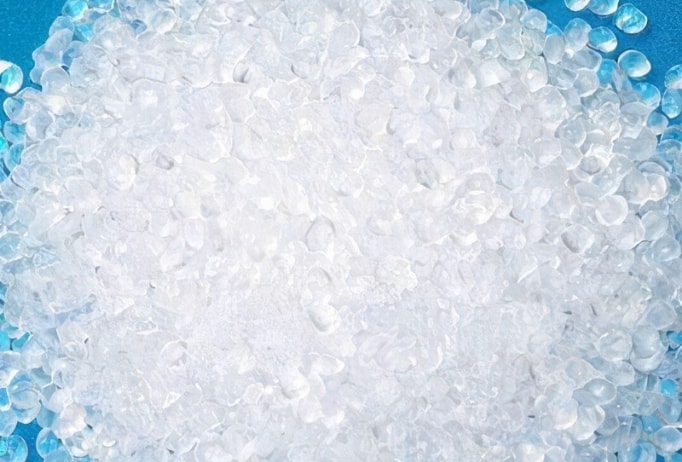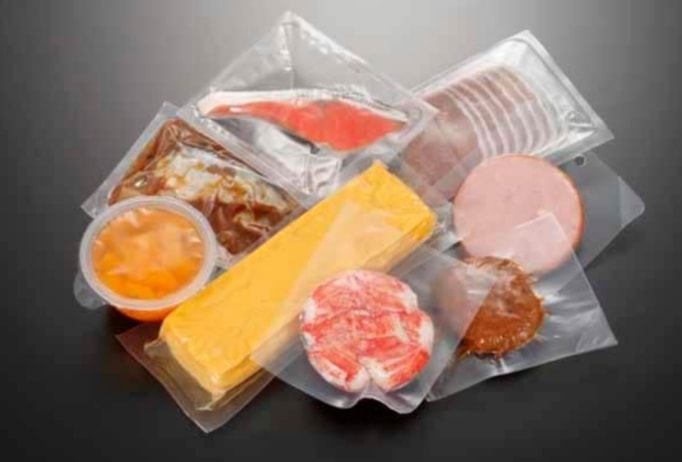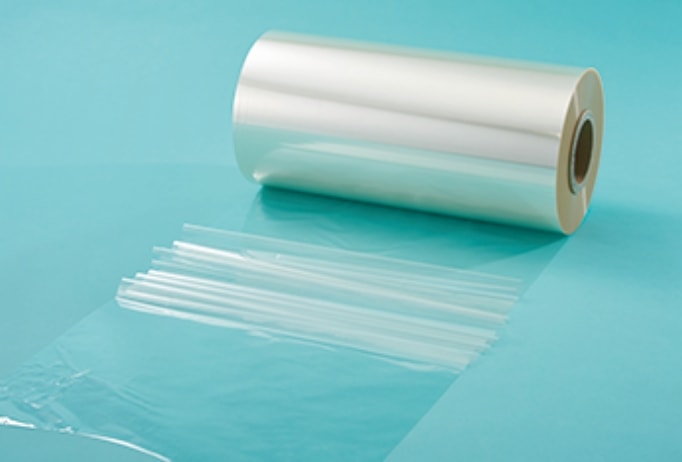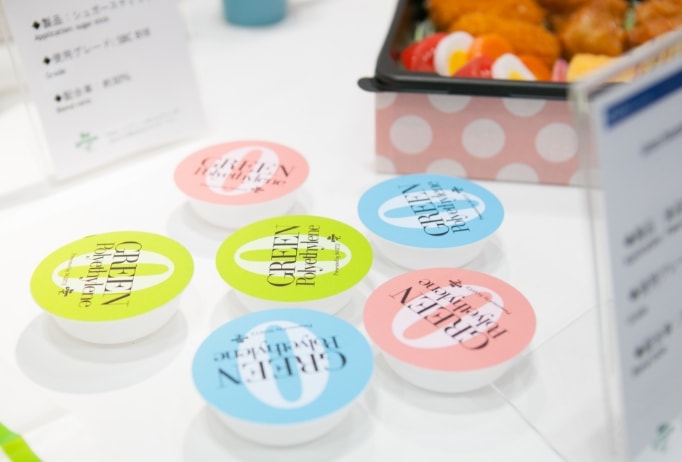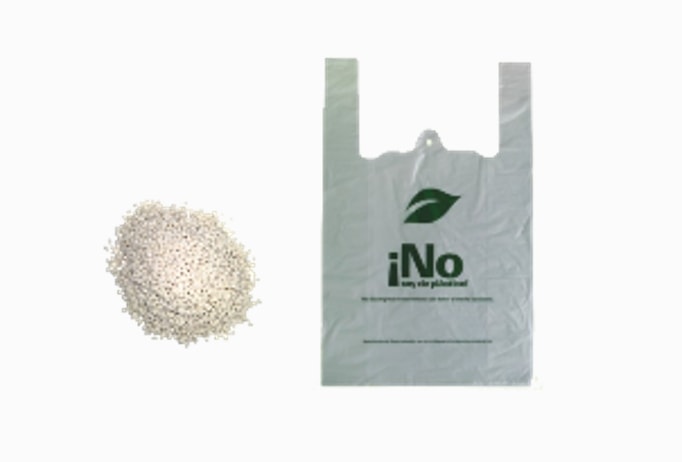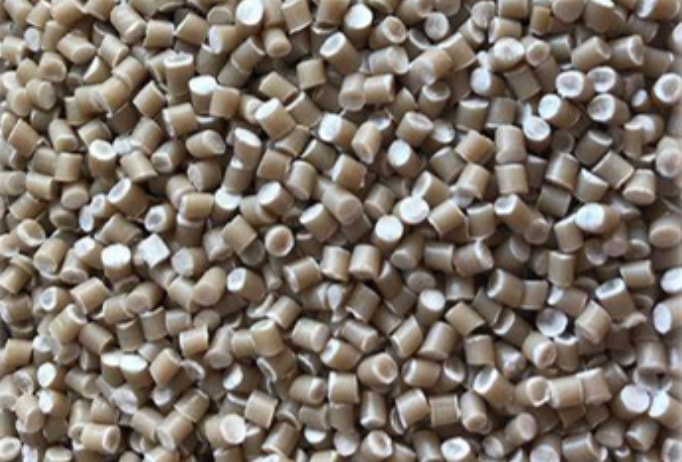Sustainability
Environmental PolicySojitz Group Environmental Policy
As a global company, Sojitz Group considers environmental issues a crucial topic to be addressed in management. Striving for a sustainable society, we will work to preserve the environment and prevent pollution in our business activities, while creating businesses that are both highly competitive and environmentally friendly.
-
Comply with environmental laws and regulations
In the course of our business operations, we will comply with laws and regulations concerning the environment, international treaties, and agreements to which we subscribe.
-
Minimize environmental burden
We will work to minimize the environmental impact of our businesses through initiatives that protect biodiversity, conserve water resources, and contribute to a decarbonized society through the reduction of greenhouse gas emissions and other efforts to address climate change.
-
Conserve resources and reduce/recycle waste
We will engage in curbing the use of natural resources such as energy and water, and the reducing and recycling of waste.
-
Consider the environment in new businesses
When starting new businesses and expanding or further developing existing businesses, we will work to reduce the burden on the environment and prevent pollution.
-
Pursue sustainable resources
We will promote initiatives for the stable supply of resources and realization of a suitable energy mix.
-
Disclose information and engage with stakeholders
In order to ensure the transparency of our operations, we will publicly disclose information regarding our environmental policies and initiatives while also engaging in proactive communication with our diverse range of stakeholders.
-
Continuously improve our environmental management system
Under our environmental management system, we will establish and periodically review environmental objectives and aim for constant improvement, in order to enhance our environmental performance.
-
Educate and promote awareness on the environment
In addition to ensuring that all of our officers and employees are notified of this policy, we will implement educational activities to ensure widespread awareness.
Enacted on April 1st, 2004
Revised on July 2nd, 2007
Revised on August 6th, 2013
Revised on January 1st, 2017
Revised on May 9th, 2018
Revised April 1st, 2025
The SDGs We Are Aiming For
Sojitz Group pursue Two Values, one “value for Sojitz” such as expansion of business basis and sustainable growth, another “value for society” such as development of regional economy and conservation of environment.
Goal01Contributing to reduction of food waste
How to reduce food loss and waste is getting an essential global issue under current global population increase. We contribute to solving this issue through sales of “gas barrier* films” which can extend shelf-life of foods by keeping freshness longer.
*Gas barrier: Also known as oxygen permeability, this shows the difficulty for oxygen permeate the substances, here in this case food package. This property prevents the deterioration of food and pharmaceuticals packed in.

01Social challenges
Global population increase / competition in securing food resources
Solutions to this issue
-
Reducing food loss and waste
-
Keeping freshness
-
Spreading cold chains
-
Longer shelf-life under room-temperature
02Social challenges
A new lifestyle in the with-COVID era
Solutions to this problem
-
Individually packed, ready-to-eat meals
-
Contactless, individual packaging
-
Mono-material (single-material) packaging
-
Longer shelf-life under room-temperature
We endeavor to solve above social issues by supplying followings
-

EVOH
EVOH is widely applied to food barrier package with its highest level of gas barrier property amongst plastic resins
-

BOPA
BOPA has good lamination performance and is widely applied for food package such as vacuum pouch, liquid type food package, frozen foods package, retortable pouch, vegetable pouch, as multi-purpose commodity polyamide film.
-

Transparent vapor deposition films
This is a sort of functional film that prevents gas permeation such as vapor and oxygen. It has high transparency and less environmental impact than conventional aluminum foil lamination multilayer films.
Goal02Contributing to the reduction of CO2 emissions and addressing the marine plastic litter problem
We will contribute to the reduction of CO2 emissions and address the marine plastic litter problem by supplying plant-derived resins and marine-biodegradable resins.

01Social challenges
Reduction of CO2 and other greenhouse gas emissions
Solutions to this problem
-
Carbon Pricing
-
Recycling and resource circulation (material recycling, chemical recycling, thermal recycling)
-
Green plastics & bioplastics
(biomass, biodegradable)
02Social challenges
The problem of (marine) plastic litter
Solutions to this problem
-
Recycling and resource circulation
(material recycling, chemical recycling, thermal recycling) -
Green plastics & bioplastics
(biomass, biodegradable)
We endeavor to solve above social issues by supplying followings
-

GPE
This sugarcane-derived polyethylene reduces CO2 emissions by around 70% compared to petroleum-derived polyethylene.
-

Recycled materials
Recycled plastic materials (recycled materials)
-

PHA
This is a sort of biodegradable resins in seawater which has less bacteria condition than it in soil. It will contribute to solve marine plastic pollution issues.
ISO14001 Certificate of Registration
Our company has obtained ISO14001.
・Certificate of Registration
Contact
If you have a question or wish to consult with us,
please feel free to get in touch.


